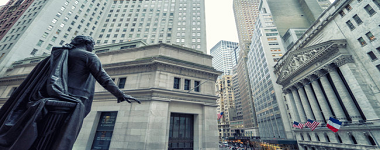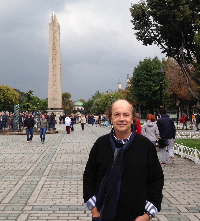by James Rickards
Special report from Daily Reckoning
Turkey is a beautiful country with a rich history including Greek, Roman and Muslim influences that make it one of the most fascinating places on Earth. It is literally a bridge between East and West: The mile-long Bosporus Bridge just north of Istanbul connects Europe and Asia across the Bosporus Strait.

Turkey has been a magnet for direct foreign investment from abroad and dollar-denominated loans by international banks to local enterprises. This investment enthusiasm is understandable given Turkey’s well-educated population of 83 million and its rank as the 17th-largest economy in the world, with a GDP of just under $1 trillion.
The flood of bank lending and direct foreign investment has given rise to another flood of hot-money portfolio investors in Turkish stocks chasing high returns with cheap dollar funding in a variation of the global carry trade. So-called emerging-market (EM) funds offered by Morgan Stanley, Goldman Sachs and others are stuffed full of Turkish stocks and bonds.

Your correspondent in central Istanbul, Turkey, on the site of the ancient Hippodrome, where chariot races were still held in late antiquity. In my many visits there since 1996, I have observed Turkey’s shift from a firmly secular society to one dominated by religious and authoritarian rule. As Turkey turns its back on Western society, it still relies on Western institutions to deal with potential debt, currency and reserve crises. Turkey’s new alienation from the West may mean that Western help will not be available in a future financial crisis.
But there’s a dark side to this seeming success story. Turkey’s external dollar-denominated debt is so large that a combination of rising U.S. dollar interest rates and a slowing global economy could quickly turn Turkey from model EM to the canary in the coal mine of the next great global debt crisis.
The risk of a major debt crisis beginning in Turkey is heightened by the rise of Turkey’s President Recep Tayyip Erdo?an as an autocratic strongman in the mold of Argentina’s Juan Perón and other populist nationalists who have ruined strong economies.













Leave A Comment